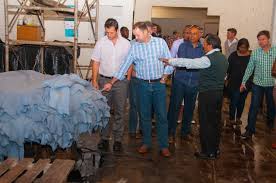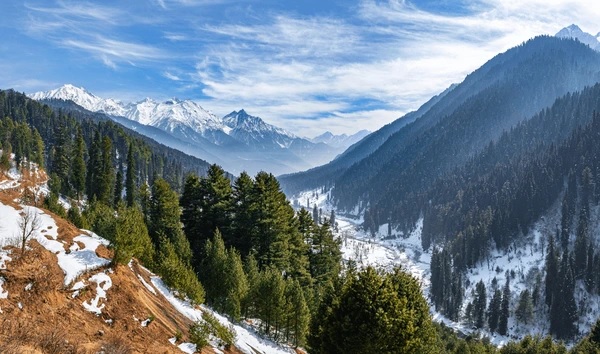Despite the fact that Kashmir consumes mutton in large quantities, the leather industry has largely failed to grow due to shortage of leather processing units.
 The hide dealers complain lack of proper infrastructure and interest among youth for this ‘stagnant’ industry.
The hide dealers complain lack of proper infrastructure and interest among youth for this ‘stagnant’ industry. The demand for the hides has also considerably decreased forcing traders to sell hides at throw away prices.
As per official estimates, around five million animals like sheep, goats and cattle are consumed annually in J&K leaving the state with ample raw material for the leather industry in the form of skins and hides.
On an average three million sheep and goat skins and hides are available for processing in the market annually besides one million cattle hides, officials estimate.
The traders said this sector is capable of generating revenue of around Rs 500 crore annually.
“If proper infrastructure is put in place for processing, it would reduce unemployment problem considerably. Around 15000 youth will be absorbed in this sector,” said one of the hide dealers in downtown Srinagar.
These hides are transported out of Kashmir for processing at an average price of about Rs 200 per hide and the processed hide is sold here at Rs 1000.
“It’s so unfortunate that we have to buy our own produced raw material at much higher costs,” laments Manzoor Ahmad a local hide seller who owns a warehouse at Jamalata in downtown area of Srinagar. Jamalata is home to most of the hide suppliers.
“The absence of tanneries in Kashmir forces people to sell these skins at throw away prices to traders outside the state,” Manzoor adds.
Delhi, Kanpur and Chennai are among the places to which these raw or semi-processed hides are sent for further processing.
People associated with the trade say Kashmir is among the best hide producers.
“The leather processed in my tannery is sent to big companies where they are worked into a beautiful leather outfit or accessories,” says Sameer Azad, Managing Director at Reem Tanners Private limited.
Lack infrastructure has mostly discouraged younger generation to venture into this industry.
Faizan’s father has been in this trade for quite long time but his is not interested to continue this business.
“I have my own dreams. I don’t want to be busy with my dad’s leather business.”




